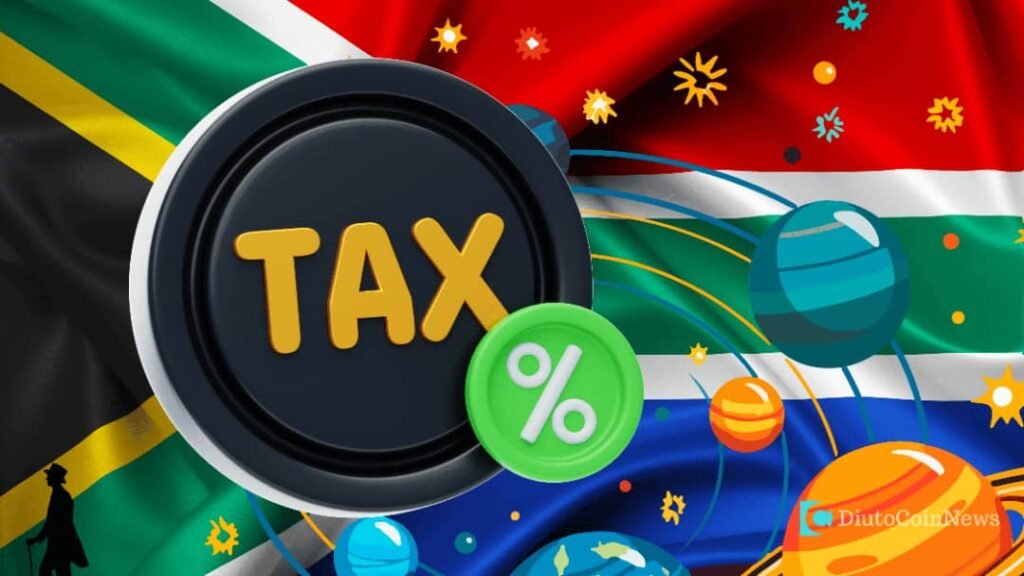Born from code, fueled by consensus, DAOs challenge centuries of hierarchy—offering a future where governance obeys no master.
What if organizations could operate without executives, without managers, and without centralized control—relying solely on code, consensus, and community?
Enter the DAO: Decentralized Autonomous Organization.
An audacious experiment where traditional hierarchies are replaced with token-based voting, and where governance is coded into the blockchain itself.
It’s not just a concept—it’s a movement redefining power, ownership, and organizational structure in the digital age.
What is a DAO?
A DAO is a blockchain-based entity governed by smart contracts and token holders, not individuals or boards. There are no CEOs. No boardrooms. No corporate ladder. Instead, there are proposals, votes, and immutable code dictating what happens next.
It is a global organization where power is distributed, not concentrated. And its foundational principle is simple:
If you hold governance tokens, you help decide what happens.
Core Principles of a DAO
Decentralized Control
DAOs reject centralized authority. Decisions are made collectively, through votes submitted by token holders. The outcome of these votes directly determines the organization’s actions, all enforced automatically via smart contracts.
Open Participation
Anyone in the world can join—no geographic restrictions, no need for corporate credentials. All you need is internet access and governance tokens to participate.
Smart Contract Governance
Operational rules are embedded in smart contracts. When a vote passes, the contract executes the decision without delay, interpretation, or manual intervention. It’s governance by automation.
Full Transparency
Every proposal, vote, and transaction is recorded on a public blockchain. There are no private meetings, no inaccessible decisions. The community sees—and audits—everything.
Community-Owned Treasury
DAOs often manage substantial treasuries. Token holders vote on how these funds are allocated—whether for product development, partnerships, marketing, or unexpected endeavors like purchasing historical artifacts.
A DAO in Action: ConstitutionDAO
In 2021, ConstitutionDAO captured the world’s attention. Its purpose? To purchase an original copy of the U.S. Constitution at auction. The DAO raised $47 million in Ether from thousands of contributors within days. Although it ultimately lost the bid, it proved the extraordinary coordination power of DAOs—and signaled a future where large-scale mobilization can happen at internet speed.
How Voting Works
In most DAOs, voting power is proportional to token ownership. The more tokens you hold, the more weight your vote carries. This introduces both power and responsibility. While large holders (or “whales”) may influence outcomes, they are also incentivized to act in the DAO’s best interest. After all, sabotaging the system undermines their own investment.
The Challenges DAOs Face
Despite their revolutionary promise, DAOs are far from perfect.
Slow Decision-Making
With no centralized leader to act quickly, DAOs often suffer from delays. Proposals must be drafted, shared, and voted on by a global, asynchronous community. Urgent action can be difficult.
Voter Apathy and Confusion
Many participants do not fully understand what they’re voting on. Without strong onboarding and documentation, key initiatives may fail—not due to opposition, but to misunderstanding or disinterest.
Inefficiency
Endless debate and indecision can paralyze progress. DAOs risk becoming echo chambers of discussion with little execution, as consensus becomes harder to reach at scale.
Security Risks
Smart contract vulnerabilities can lead to catastrophic losses. A single exploit can drain a DAO’s treasury. With millions at stake, DAOs must prioritize world-class security audits and risk mitigation.
The DAO That Collapsed
In 2016, the original “DAO” on Ethereum raised over $150 million—at the time, a staggering feat. But a critical flaw in its code was exploited, and approximately $50 million was stolen.
The Ethereum community was forced into a contentious hard fork to restore the stolen funds—an event that created Ethereum Classic and sparked a fierce debate over decentralization, immutability, and intervention.
Regulators took notice. The U.S. SEC later declared this DAO’s tokens to be unregistered securities—a warning shot across the entire industry.
Legal Status: A Grey Area
DAOs may exist on-chain, but their legal recognition varies across jurisdictions. Some U.S. states (like Wyoming) now allow DAOs to register as legal entities. Still, token holders must comply with local laws regarding taxes, securities, and liabilities. Operating a DAO does not exempt one from regulatory oversight.
The blockchain may execute votes, but it does not shield participants from courts.
DAOs are not just digital cooperatives. They are the blueprint for a new kind of organization—one where power is fluid, where rules are transparent, and where decisions are enforced by code, not committees.
They are chaotic. They are inefficient. They are vulnerable.
But when they work?
They demonstrate that global collaboration without centralized control is not only possible—it may be inevitable.
DAO governance is not the end of institutions. It’s the evolution of them.
Discover more from DiutoCoinNews
Subscribe to get the latest posts sent to your email.










